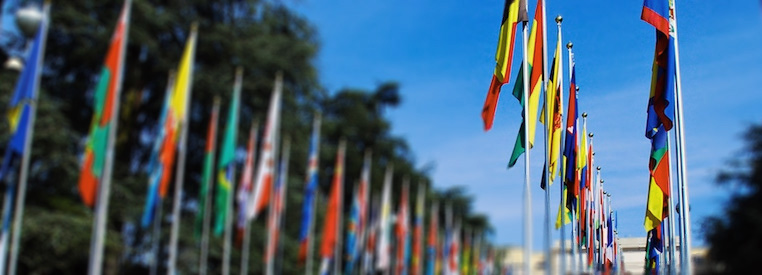Paper| “The Judicial Role in National Security” – Reinhardt
THE JUDICIAL ROLE IN NATIONAL SECURITY
STEPHEN REINHARDT?
The role of judges during times of war – whether it be a traditional war or a “war on terrorism” – is essentially no different than during times of peace: it is to interpret the law to the best of our ability, consistent with our constitutionally mandated role and without regard to external pressure. Among the differences in wartime for the judiciary, however, is one that involves a principle that is essential to the proper operation of the federal courts – judicial independence. In wartime, the need for judicial independence is at its highest, yet the very concept is at its most vulnerable, imperiled by threats both within and without the judiciary. Externally, there is pressure from the elected branches, and often the public, to afford far more deference than may be desirable to the President and Congress, as they wage wars to keep the nation safe. Often this pressure includes threats of retribution, including threats to strip the courts of jurisdiction. Internally, judges may question their own right or ability to make the necessary, potentially perilous judgments at the very time when it is most important that they exercise their full authority. This concern is exacerbated by the fact that the judiciary is essentially a conservative institution and judges are generally conservative individuals who dislike controversy, risk taking, and change.
Judge, U.S. Court of Appeals for the Ninth Circuit. This publication is a revised text of remarks delivered on April 22, 2006, for a panel on “The Judicial Role in National Security,” at a symposium sponsored by the Boston University School of Law on “The Role of the Judge in the Twenty-First Century.”
